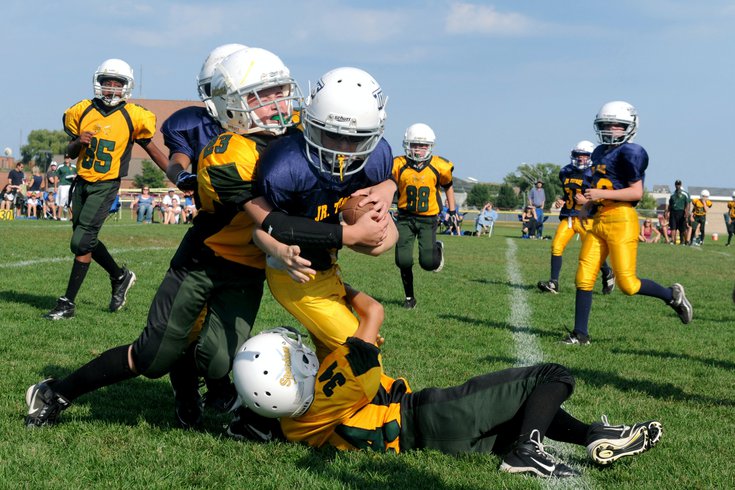
June 16, 2021
 Ben Hershey/Unsplash
Ben Hershey/Unsplash
The true prevalence of sports-related concussions among U.S. youth and adults remains unknown due to diagnosis challenges, the updated consensus statement says.
Too much rest after a concussion can actually stall an athlete's recovery and prolong symptoms in the process, a panel of U.S. experts have advised in an updated consensus statement on concussion management.
"Most athletes who have been concussed will get better, and will be able to return to play," said Dr. Margot Putukian, a member of the expert panel who wrote the consensus statement.
Putukian and her fellow experts say that the number of initial symptoms an athlete experiences and their severity is the best determination for how long recovery will take. Most adult athletes, however, will fully recover within two weeks, and children within four weeks.
Range of concussion symptoms include amnesia, disorientation, brain fog, slurred speech, headaches, dizziness, hypersensitivity to noise and visual disturbance.
"Each injury is unique and will have its own timeline. But athletes should take comfort in knowing that there are treatments out there, and there are steps they can take to aid their own recovery," Putukian said in a statement.
While sports-related concussion rates continue to be a concern in the U.S., the highest rates are observed among men in collision sports such as football, wrestling, ice hockey and lacrosse. Concussion rates are also high in girls' and women's soccer.
According to the updated statement, risk factors for a more complicated recovery include younger age, previous concussion history, loss of consciousness for more than a minute and preexisting conditions like migraine, attention deficit hyperactivity disorder, learning disabilities, mood disorders and motion sickness.
A gradual return to moderate aerobic exercise during that first week after a concussion helps promote a quicker recovery, the experts said.
Any persistent symptoms such as fatigue, headache and anxiety are usually the result of a "complex interplay" between multiple factors including pre-existing conditions and the physical and mental effects of the concussion.
Concussion treatment should focus on particular symptoms, the statement says and may include cognitive behavioral therapy and improved sleep, nutrition and hydration. Most injured athletes won't need any over-the-counter or prescription medicine to treat their symptoms.
Putukian and her co-panelists also looked at available data on "nutraceuticals" – foods and nutritional supplements that provide health benefits – and determined that they do not help prevent or treat concussion.
They also noted in the updated statement that one of the most challenging parts of treating a concussion is the diagnosis. Currently there are no specific blood or imaging tests that can detect a concussion, and many of the symptoms can be related to several health conditions.
Because of this, the true incidence of sports-related concussion is still unknown.
The panelists also recommend that coaches and loved ones of concussed athletes be on the alert for symptoms that may indicate a more severe brain or neck injury which requires immediate emergency care – seizure, loss of consciousness that lasts more than a minute, persistent vomiting, increasing confusion, tingling or numbness in the extremities and neck pain.
The consensus statement, which is an update of one released in 2011, was published in the British Journal of Sports Medicine. The panelists included experts from six major professional associations including the American Academy of Orthopaedic Surgeons and the American College of Sports Medicine.